The new version of Fable could learn a lot from how the series has been done in the past.
The idea of remaking Fable is great in a lot of ways. Many fans will be happy to hear that Albion has moved on from its industrial age and back to its wild, ancient past. It’s fun to look back at the past through a high-fantasy lens, but people who don’t learn from the past’s mistakes are doomed to repeat them.
In the same way, the past of the Fable series has a lot of good lessons that the developers of the reboot, Playground Games, should try to remember before they finish polishing, testing, and putting the game out. Fans should be happy about a new Fable, but there are a few good reasons to be skeptical about the reboot, besides the fact that the video has some strange facial animations.
Visible Character Development
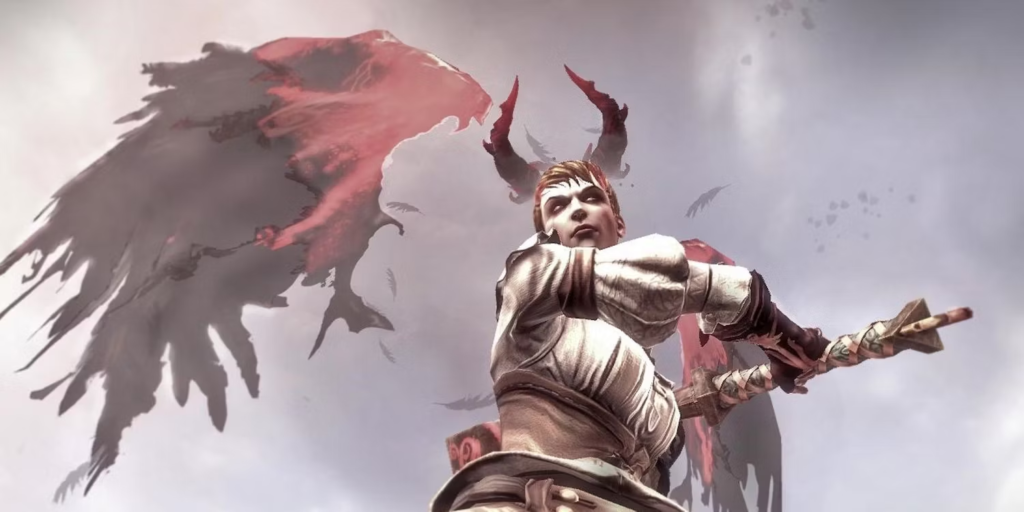
No one ever said that Fable’s morals system was very nuanced or deep. But the “good vs. evil” method worked well because it showed the player how their character was getting better. Horns and smoke are signs of evil, while light and fluffy are signs of good. It was a cliche, but it worked.
The same could be said about the character’s traits. Instead of just pointing to numbers in a menu, fighting characters would slowly get stronger, magic characters would get shimmering runes on their bodies, and ranged characters would get taller. This “show, don’t tell” style was one of the things that made Fable so interesting. “Good vs. evil” might seem a little old-fashioned, but it wouldn’t be out of place in the new version of Fable.
Lasting, Meaningful Choices
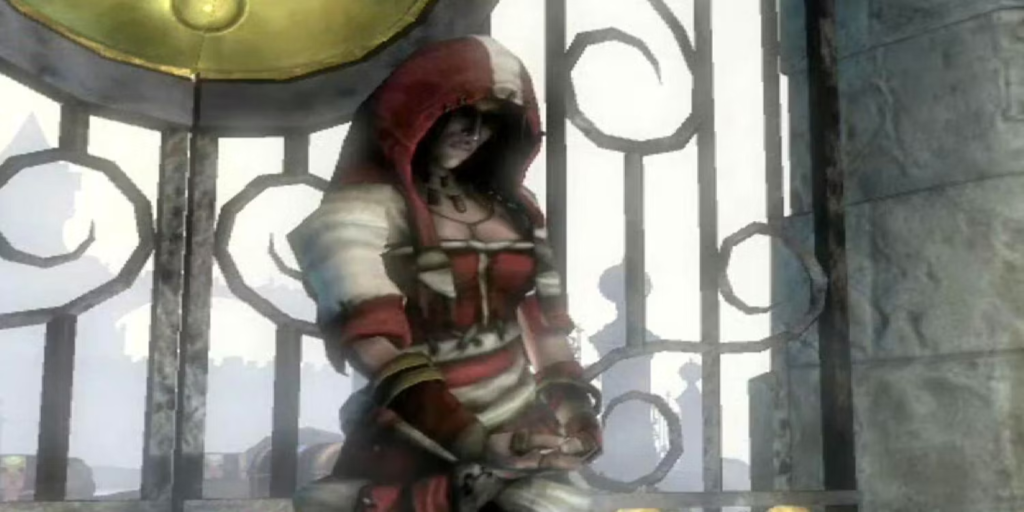
There is a place for a simple, black-and-white morality system, but many fans will say that by the third book, the system had become too simple. For example, in Fable 3, one choice was between blue and red decorations. For some reason, the game thought that picking red was the “evil” choice. Even though Playground should give players choices, they shouldn’t do things like this.
Choices in the new version of Fable should give players a reason to want to play the game again and again, and they shouldn’t just be given at the end of the game. Each path should change the world of the game in a big way that lasts. These changes don’t have to be “paradise or hell,” but they should tell the player that what they do matters.
Balancing Seriousness With Silliness
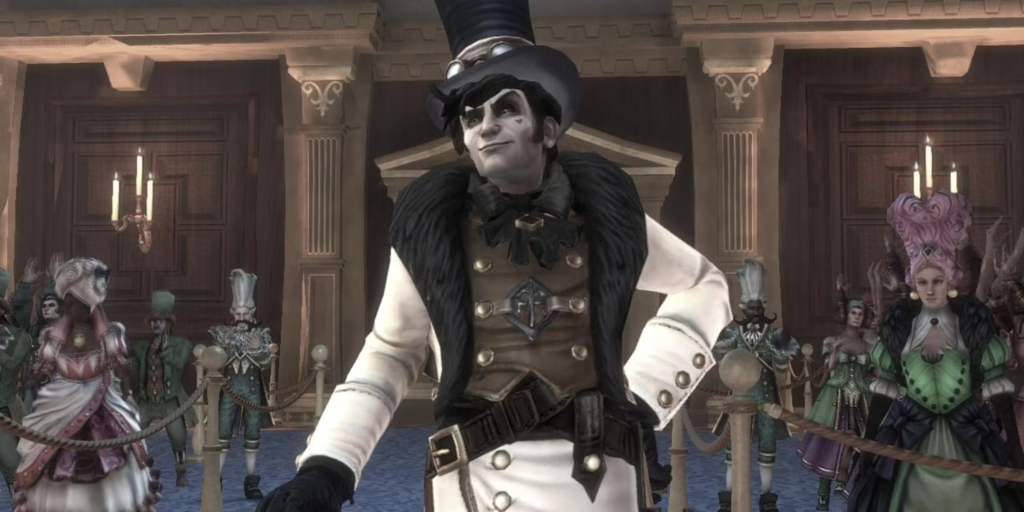
There are many cases of emotionally damaged anti-heroes, tragic dads, and the end of the world in games today. It’s nice to see Playground release a tongue-in-cheek trailer with Richard Ayoade as the green-thumbed giant, which looks like it will keep up Fable’s history of being silly.
Even though a bit of silliness might be the perfect antidote to an age of games that are always too serious and play it safe, Playground should remember that even though Fable was always cartoony, its stories always had an edge. The reboot should try to have a lively, bright, and weird tone, like a good fairy tale, with the occasional gut punch thrown in for good measure.
Better Defined Archetypes
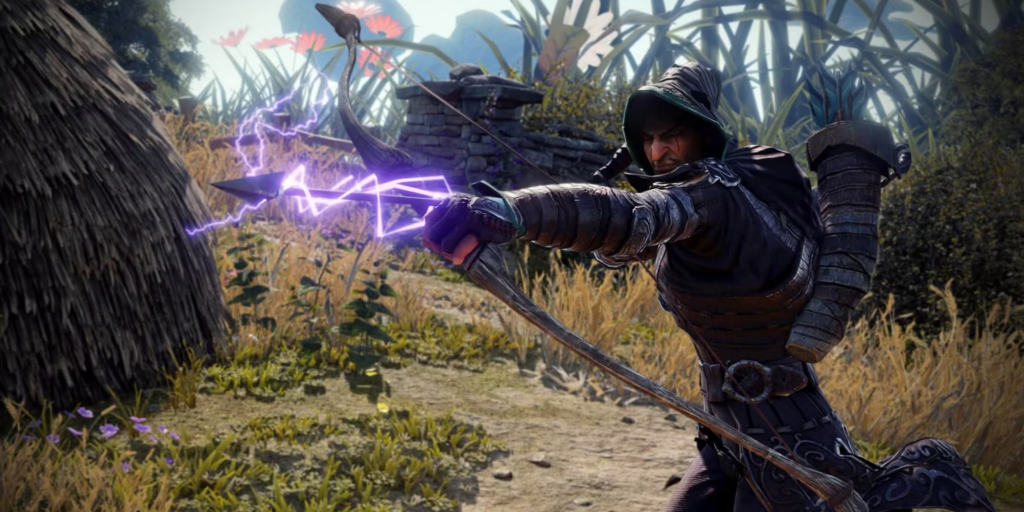
By the end of the first three books, there wasn’t much difference between firing a gun and casting a fire spell. This could be made better in Playground’s Fable by giving players better-defined characters. For example, in addition to fighting, magic could be used to interact with the world and find secrets that a player with less magic knowledge would miss.
By making sneaking work better, ranged characters might be able to make bombs, set up traps, and not get their hands dirty at all, maybe for more XP. If a player just wants to smash and bash their way through, they can still use their hammer or great sword.
Offer An Abundance Of Activities
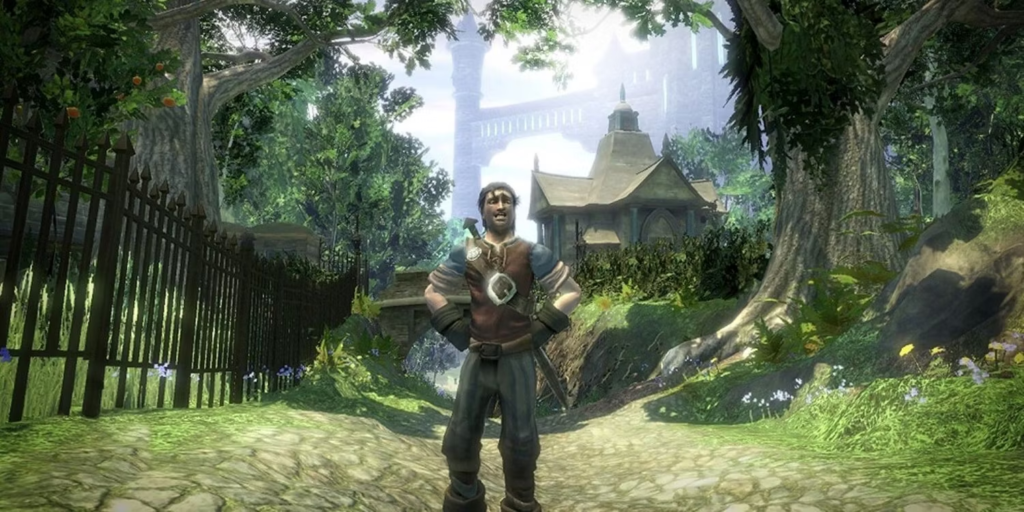
Fable 2 did a great job of making the stuff on the side important. Since gold was no longer given by quests, the person would have to get a job. Luckily, these jobs were fun minigames that broke up the action and made the player feel like they were really in the world. Aside from jobs, the player could play games of chance, explore the world as much as they wanted, and earn keys.
Even though Fable 3’s broken property management system/landlord model meta-game was based on real life, it made it too easy to make money. Worse, it made a lot of the game useless to play. Playground should avoid this mistake by giving the player a lot of fun things to do. These things shouldn’t feel like they’re required, they should be different, and they should give more than just gold. For example, they could give XP, cosmetics, emotes, or extra material.
Tighten Up The Combat
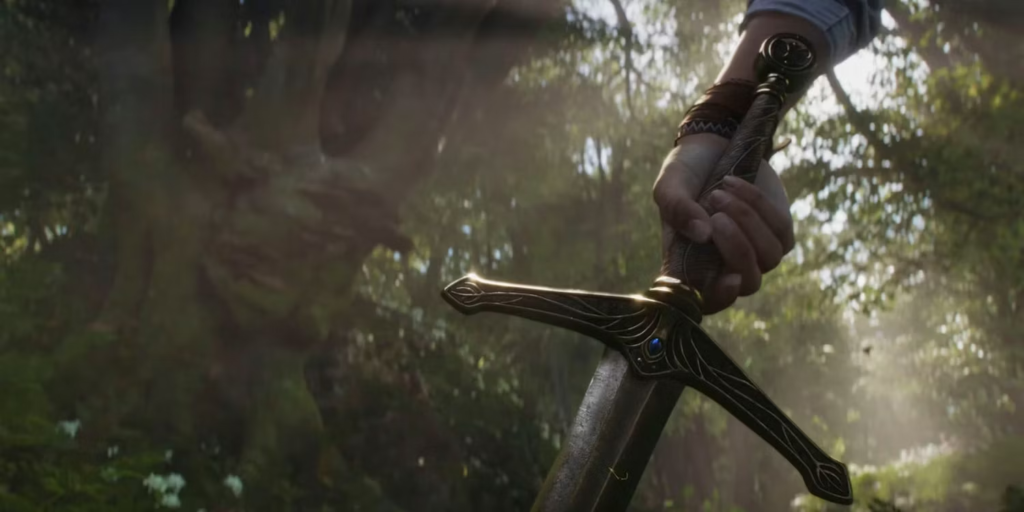
By the end of the first trio of Fable games, fighting wasn’t exactly at its best. Take, for example, the fact that the hand-to-hand enemy in Fable 3 can block the player’s power swings with the battleaxe. Playground should do whatever it takes to make fighting easy, fun, and different.
It would be nice if there were more types of weapons. With more tools, the player might have to think more when fighting. It would be too much to ask for a fight system like the one in The Witcher 3, but giving the player rewards for good fights helps keep fights feeling new.
More Fleshed-Out Socialization
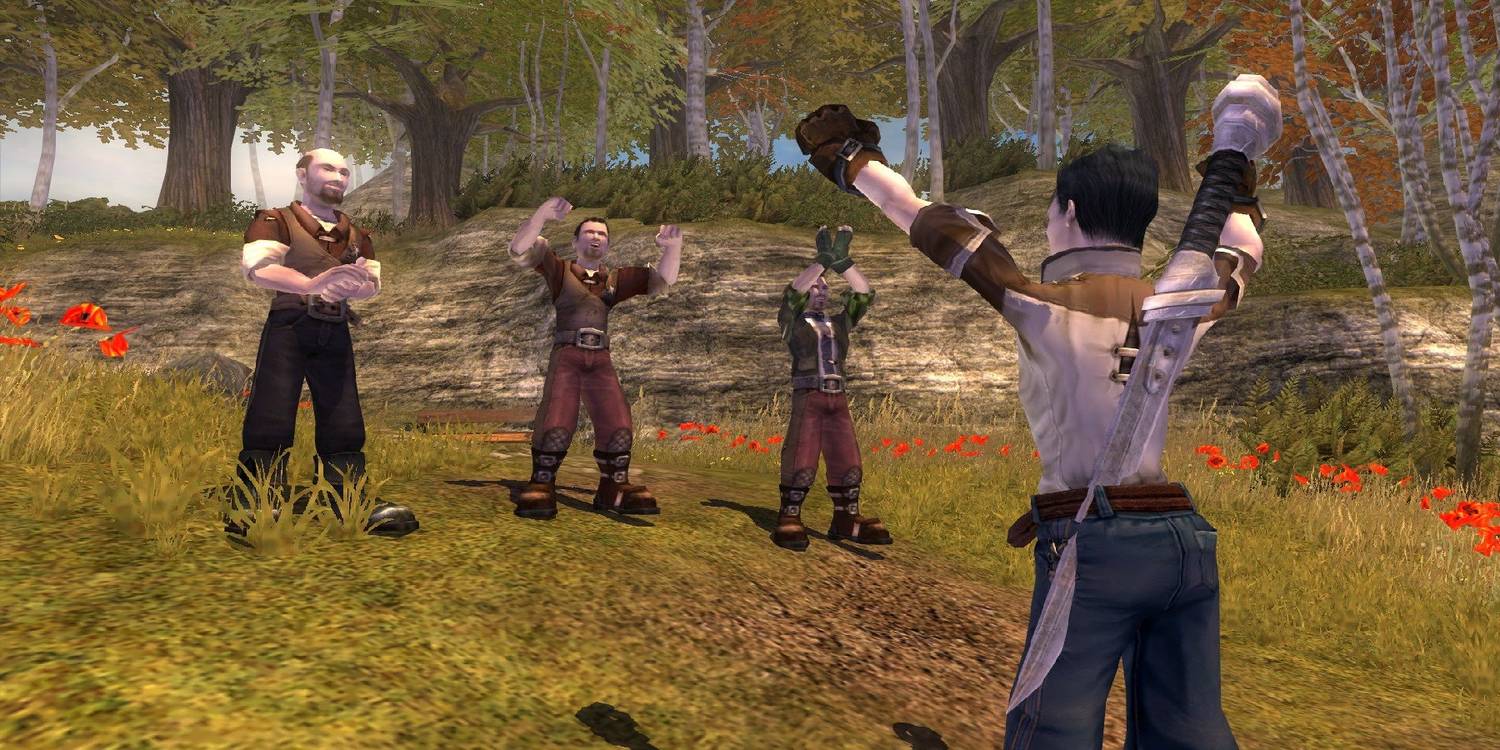
To make friends with everyone in the town, it was fine to do the same overly complicated secret handshake with each NPC. But there’s probably a more interesting (and more Fable-like) way to handle relationships. In earlier games, the player could bring gifts to NPCs or do (usually boring) tasks for them.
To make NPCs seem less generic, some of them might like one of the player’s traits more than another. Maybe some villagers like certain styles, morals, or amounts of wealth, while others don’t like the same things. There could also be room for interaction minigames. Fans should be happy as long as Playground puts some effort into making engagement work.
Stick To The Single-Player Experience

Yes, a new company means a new Fable. But even though the series is getting a new start. Fans are likely to remember the times when Fable tried to be online but failed. Fable is known fondly as a game that you played by yourself. Any news that they could work together would, at best, be met with doubt.
The game’s creators should already have a lot on their plates without having to add co-op features. Let players be driven by a pure sense of excitement that has nothing to do with “always-online play” or “microtransactions.”
Finish The Game

Even though there was a lot to like about the end of the original trilogy, bugs, half-done features. And a rushed ending put the brand to sleep for more than ten years. Fans loved how Fable’s gameplay was new and different. But it only worked as long as the makers had time to work out the bugs. Playground shouldn’t get the same criticisms that brought down Fable 3: that it wasn’t polished enough.
Even though developers don’t usually decide when a game comes out, most fans of the series would say that if Wordle Unlimited game needs a little more time in the oven, they can wait. They have learned the value of patience. The companies should be able to understand this, I hope. “A game that is delayed is eventually good. But a game that is rushed is always bad,” Nintendo legend Shigeru Miyamoto once said.
Be Ambitious, Be Bold, And Have Fun!
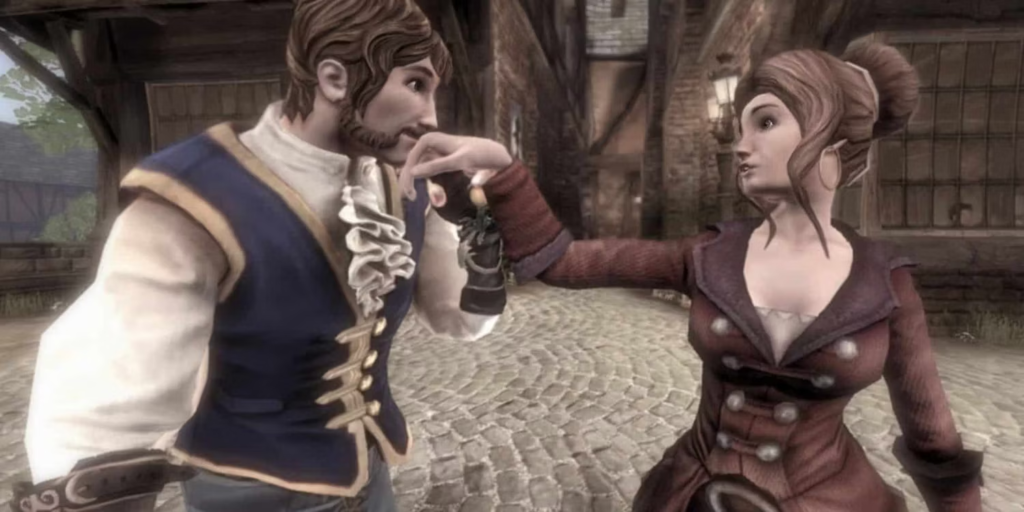
Fable has always pushed the limits of what people expect (in more than one way). Even though Peter Molyneux is no longer in charge and can’t promise wacky, strange experiences. Many fans hope that the Fable reboot will keep some of the weird design ideas from the original series. From being able to “date” and marry any NPC in the game to being able to fart at will. The series had a lot of features that would make current game developers scratch their heads.
But these apparently random parts were all part of what made Fable so interesting. Even though not every new idea worked well, some did. For example, talking to NPCs never got past a childish level of emote japery. And using a room instead of a menu was an interesting idea, but it made moving spells a real pain. But Lionhead was able to make the whole experience more memorable than other triple-A RPGs that were just as complicated.
Fable is being made for the PC and the Xbox Series X/S.






















